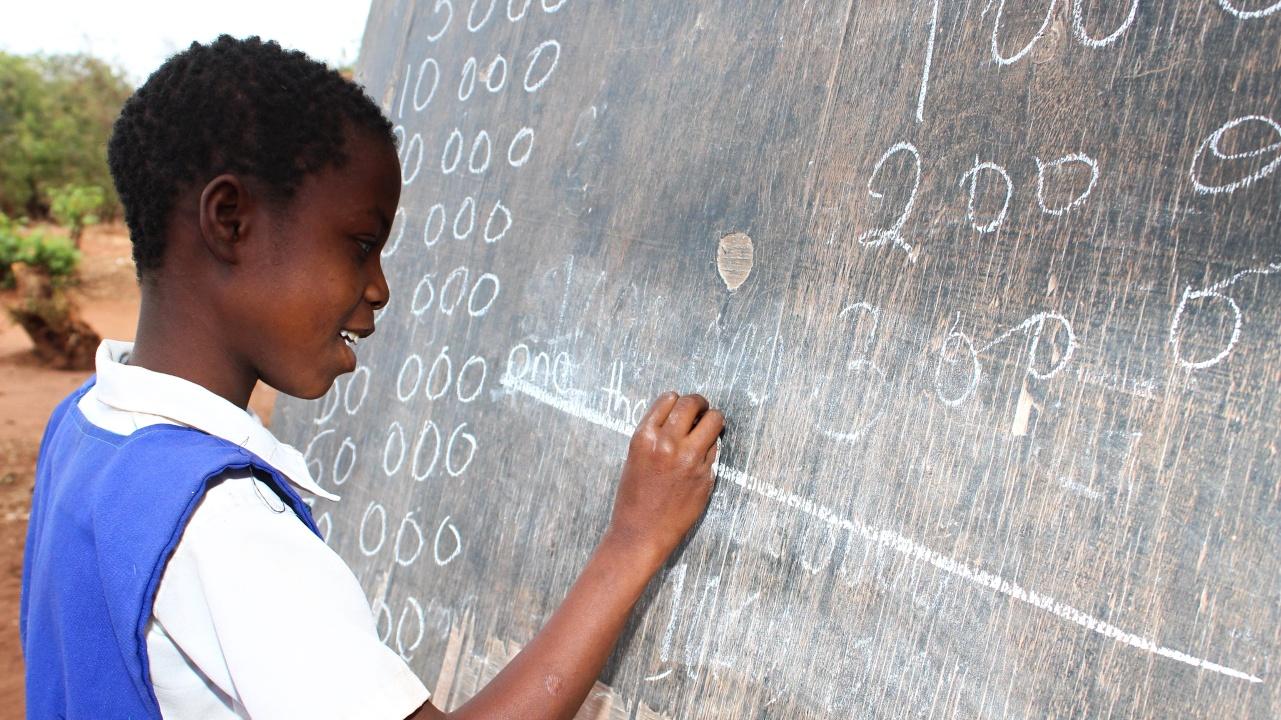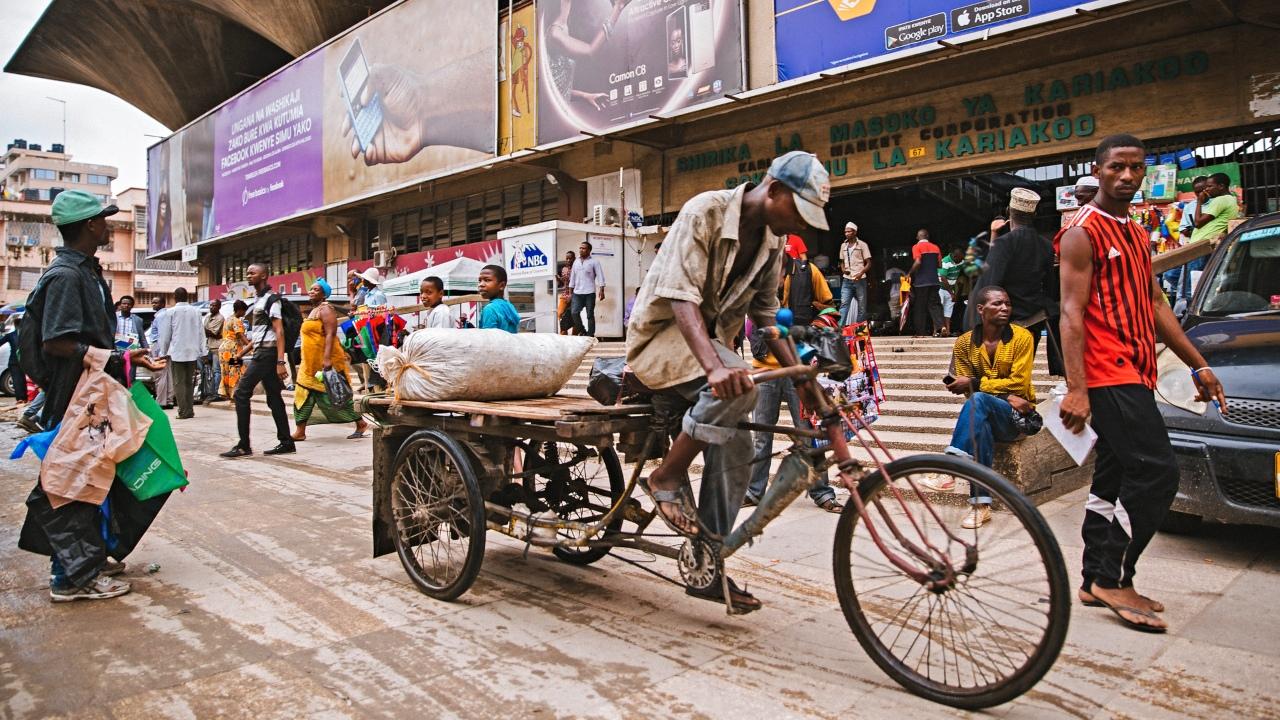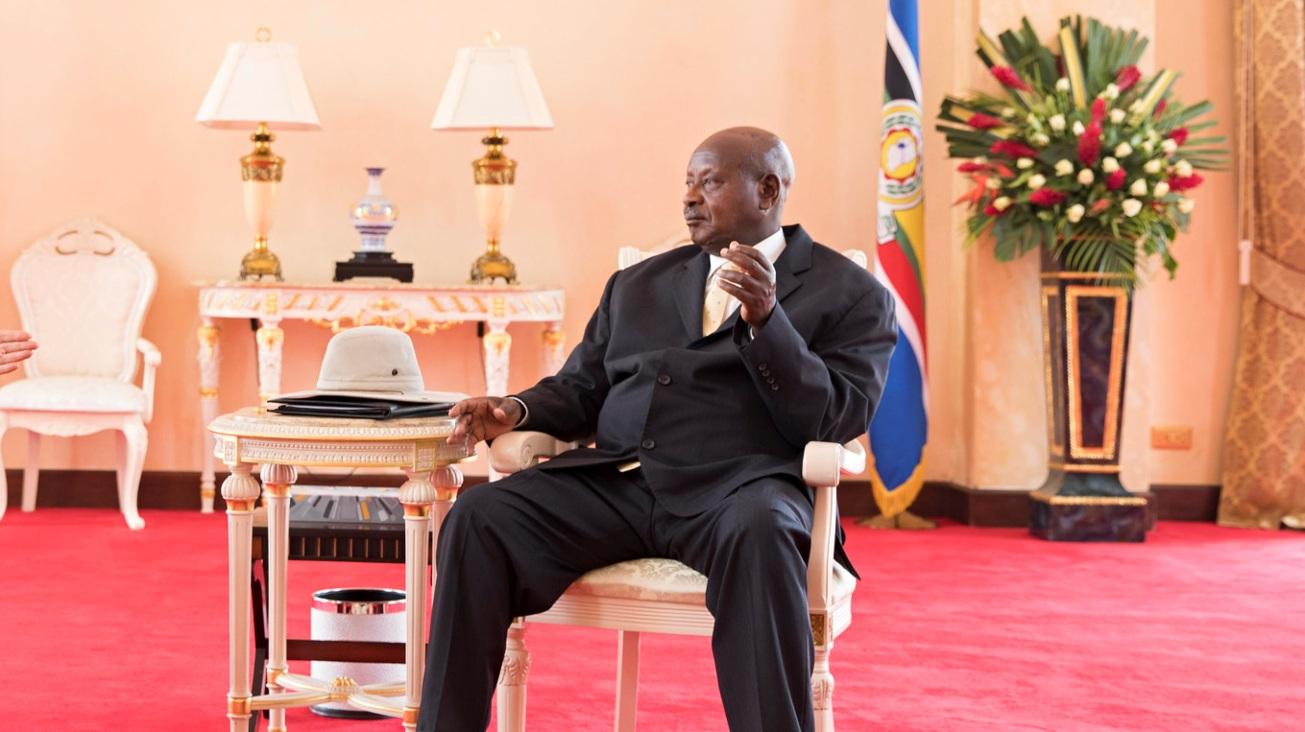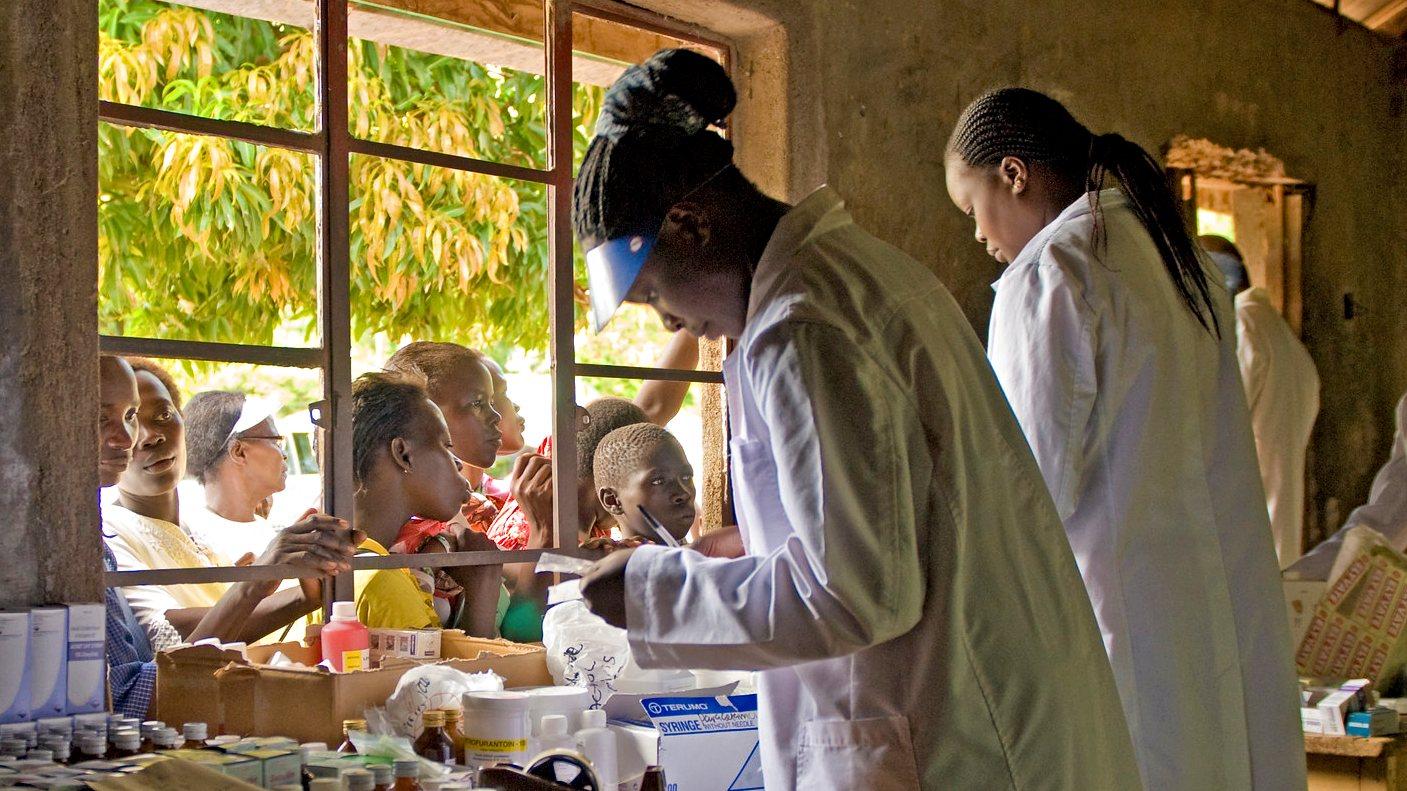Public understandings of COVID-19 have shifted over time in Malawi, affected by infection rates and experiences beyond its borders. During a year of political upheavals in the country, Steve Beloved Kaunga reports from Blantyre on how citizen commentaries have interacted with government public health messages.
This blog is part of the series Shifting Spaces, an emerging timeline of COVID-19 responses from Kenya, Malawi, Tanzania and Uganda from the LEAD research project at LSE’s Firoz Lalji Centre for Africa.
Viral in the distance
In early 2020, Malawians understood COVID-19 as a distant threat, related to foreign countries – a viral disease originating from a food market in Wuhan, China. Such ideas were spread by Malawian students in China, but mainly through international and national news. In the early months of the pandemic, there was a particular panic that Chinese nationals such as development workers and traders doing business between Malawi and their home country would export the virus. COVID-19 was understood to travel across national borders.
Seeing on television how people were dying in other countries like Italy and Spain, and with no adequate medication, only increased fear and panic in Blantyre, Malawi’s second largest city, and across the country as a whole. Malawians feared the arrival of the disease, knowing that the country’s health system was already stretched with high rates of Malaria, Tuberculosis, HIV/AIDS, maternal mortality and an increasing burden of non-communicable diseases, such as cancer, which continue to overwhelm our hospitals. In Blantyre, during usual times, Queen Elizabeth Central Hospital, Blantyre’s referral hospital, often lacks beds, with patients sleeping on the floor. That COVID-19 was known to have overwhelmed medical facilities in Europe and the US precipitated panic.
Such panic increased when cases were reported in Zambia and other neighboring countries. Truly, COVID-19 was now an African problem, not a distant phenomenon. Across social media channels such as WhatsApp and Facebook, there were calls for the government to immediately seal the borders and airports.
Public perceptions of government responses
The perception of COVID-19 as a distant threat affected public perceptions of the appropriate government response. Yet on 23 March 2020 the government ordered all public and private schools to close, without shutting borders and enforcing other preventive measures such as wearing face masks in public places and social distancing. Links made between the implemented measures and the virus’ spread were not accepted by the population, who continued to campaign for border closures; internal measures were seen as inadequate to manage a cross-border threat.
At the same time, the government struggled to control nationals entering the country. On 23 March 2020, at Chileka International Airport, the government ordered the deportation of 14 incoming Chinese nationals. Only 10 of them had return tickets, and thus the other four were ordered to quarantine. The four Chinese nationals’ lawyers obtained a court injunction against government’s decision, highlighting the impotency of the government’s order.
The inadequacies of this measure were confirmed in the eyes of the public when the first case of COVID-19 was announced in the country. On 2 April 2020, three COVID-19 cases had been confirmed in the capital city, Lilongwe; the cases were among the household of a Lilongwe resident who had travelled from India and subsequently infected a relative and a domestic worker. The registering of this case heightened fears that the virus was brought in from outside.
Fears of containing a distant threat fed into Malawians commentary on the government. Thus, when then-President Mutharika announced a 21-day lockdown to take effect from 18 April 2020, the measure was met with intense resistance from civil society groups and was overthrown in court. Resistance even came from Mutharika’s stronghold in the southern region of Malawi. In Mzuzu, within this region, there were media reports that community members burnt to ashes mattresses and beds meant for COVID-19 patients at an isolation unit in the city of Mzuzu. According to one protesters, Yohane Mkandawire, speaking to Nyasa Times, they were against hosting an isolation site in their community.
As opposition to the lockdown grew, the government continued to pursue measures perceived as bringing COVID-19 into Malawi. On 12 May 2020, buses were sent to a COVID-19 ‘red zone’ in South Africa to bring home stranded Malawian citizens. This move was widely opposed. Afterwards, confirmed cases by the returnees hit 134, almost doubling the total number of confirmed cases in the country.
The country’s vice president Dr Saulos Chilima, who was in opposition at the time, challenged Peter Mutharika’s government on these preventive measures. Speaking at a political rally prior to court ordered presidential elections on 23 June 2020, he told the gathering to ignore the measures: ‘whenever we are walking, if you meet someone putting on MCP clothes, hug them. And if you meet someone in PP clothes hug them, they are your relations. You cannot contract diseases hugging one another.’
Change of government, changing messages
President Chakwera was installed on 28 June 2020 after winning a rerun in a fiercely contested election. With trust lost in Peter Mutharika’s government, and the events that followed, there was a need to renew people’s hope in their government’s handling of the pandemic.
President Lazarus Chakwera spoke to the voice of the masses who had just ushered him to power; this meant a changing approach to the virus. On 15 July 2020 he reconstituted the Presidential Task-Force on COVID-19 and established the National COVID-19 Office in the Office of President and Cabinet (OPC), tasked with spearheading the fight against the pandemic. The committee introduced new measures that were similar to other regional government’s responses. While the new measures included mandatory wearing of face masks in public (and fines), approaches did not include nationwide lockdowns.
Additionally, the President called for three days of national prayer and fasting which ended with a National Day of Thanksgiving on 19 July 2020. The prayers were for the recovery of the infected and affected persons, protection of frontline health workers and protection for those who had not yet contracted the virus.
Safe politics over public adherence to prevention measures
Yet the President himself showed limited adherence to COVID-19 measures. On 12 August 2020, people in Blantyre observed that he attended a funeral ceremony where they were disregarded by mourners. This approach continued. On Wednesday 7 October 2020, on an official visit to Tanzania, the President and his team were pictured with President Magufuli without a face mask. When it came to tackling the virus’ spread, many Malawians questioned the President’s seriousness.
These developments have divided opinion among Malawians as trust has started to be lost in the government’s precautionary measures. Some commenting on social media forums think the government should not be taken seriously, while others think Chakwera is playing it safe, knowing full well how Malawians opposed curfews during Mutharika’s era, painting a popular picture of COVID-19 as a virus not to be feared like in its early stages in the country. As Chakwera’s government remains popular among many, perhaps it is a case of following Saint Augustine’s old phrase: ‘when in Rome do as the Romans do’.
The result is a lack of public adherence to COVID-19 protections. Maziko Matemba, Malawi’s Country’s Community Health ambassador, was shocked in the city of Blantyre over laxity among its citizens. During his visit to major shops he discovered that people were not wearing face masks; ‘it is sad to note and hear that most people are not taking seriously the wearing of face masks despite that [the] government and World Health Organization have not declared that COVID-19 is over’.
Photo: Former President Arthur Peter Mutharika. Credit: UN Women/Sarah Stacke.





